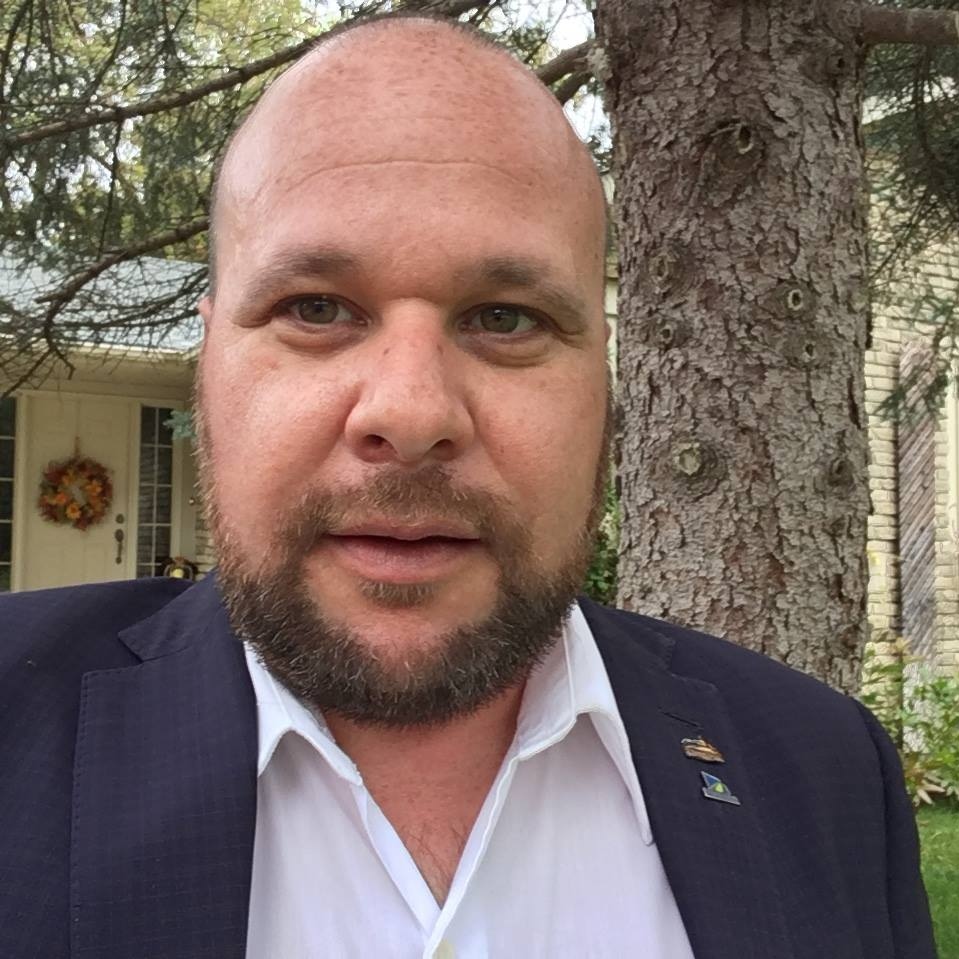
Photo credit: Globe and Mail/Getty Images
His Majesty King Charles III arrived in Ottawa, along with Queen Camilla, to open the 45th Parliament of Canada with a Speech from the Throne. The speech is intended to set the tone and direction of the Federal Government for the legislative session ahead.
Read more about OMSSA’s observations and comments on the Throne Speech.
Prior to the opening of Parliament, Prime Minister Mark Carney shared a mandate letter to all his Cabinet Ministers. The Speech from the Throne was consistent on these priorities.
The following seven priorities were outlined in that letter:
- Establishing a new economic and security relationship with the United States and strengthening our collaboration with reliable trading partners and allies around the world.
- Building one Canadian economy by removing barriers to inter-provincial trade and identifying and expediting nation-building projects that will connect and transform our country.
- Bringing down costs for Canadians and helping them to get ahead.
- Making housing more affordable by unleashing the power of public-private cooperation, catalysing a modern housing industry, and creating new careers in the skilled trades.
- Protecting Canadian sovereignty and keeping Canadians safe by strengthening the Canadian Armed Forces, securing our borders, and reinforcing law enforcement.
- Attracting the best talent in the world to help build our economy, while returning our overall immigration rates to sustainable levels.
- Spending less on government operations so that Canadians can invest more in the people and businesses that will build the strongest economy in the G7.
Highlights
Highlights for OMSSA Members include reaffirming and protecting the Canada-Wide Early Learning and Child Care (CWELCC) program and other new social programs including Dental Care and Pharmacare.
On housing there was less clarity on the National Housing Strategy’s future. Housing affordability was mentioned in the speech including removing the GST for first time homeowners and reducing it for homes between $1 Million and $1.5 Million. There was a reference to cutting municipal development charges on multi-unit housing.
The speech suggests a reduction in development charges will result in reduced housing costs, but as the price of housing is more of a function of the economy, supply, and market forces, it has always been unclear whether the savings associated with reduced development charges would, in fact, be passed on to the consumer or simply be added to the profits of the developers.
It is worth noting that in Ontario, now, both the provincial and federal governments have indicated a desire to reduce or eliminate development charges in housing construction. This likely will have implications for municipal budgets as municipalities face sizable infrastructure funding pressures, and Service Managers will again be competing for limited property tax resources in this context.
Once more the government references its interest in prefabricated and modular housing, an area of housing form well known to many Service Managers. The speech did not directly reference community housing or homelessness but did suggest ‘financing for affordable homebuilders,’ but whether this is simply in the form of low interest loans, as in the past, remains to be seen.
“The Government will introduce measures to deliver affordable homes by creating Build Canada Homes. This mission-driven organization will act to accelerate the development of new affordable housing. It will invest in the growth of the prefabricated and modular housing industry. And it will provide significant financing to affordable home builders. The Government will make the housing market work better, including by cutting municipal development charges in half for all multi-unit housing. The Government will drive supply up to bring housing costs down.“
This speech also focused on several issues in the national interest, such as:
- Eliminating inter-provincial trade barriers
- Protecting Canadian sovereignty
- Negotiating a new trade and security agreement with the United States
- Strengthening international relationships with like-minded countries
- Housing supply
- Protecting borders
- Increasing investment in the military
- Getting tough on crime
- Hiring additional RCMP
- Advancing Indigenous Reconciliation
- Promoting national unity
The government also signaled that it intends to reduce spending, cut waste, and balance the budget within three years.
Transfers to provinces, territories, or individuals will be maintained. The Government will balance its operating budget over the next three years by cutting waste, capping the public service, ending duplication, and deploying technology to improve public sector productivity.“
Not surprisingly, with a trade war well underway and concerns about the economic repercussions, the Federal Government is signaling a strong message that it will be spending strategically (e.g. meeting or even exceeding NATO commitments, border protections) but otherwise looking for opportunities to either reduce or cap spending.
The goal of reduced spending could be a concern as it could impact future investments in Canada-wide Early Learning and Child Care (CWELCC), and capital funding for housing and homelessness programs that is only received now by a subset of Service Managers.
OMSSA is currently working on an advocacy strategy to enhance its relationship with the federal government and engage more frequently on federal issues such as the National Housing Strategy and Early Years and Child Care impacting OMSSA’s membership.
Resources
For more insights, visit the following resource links:


